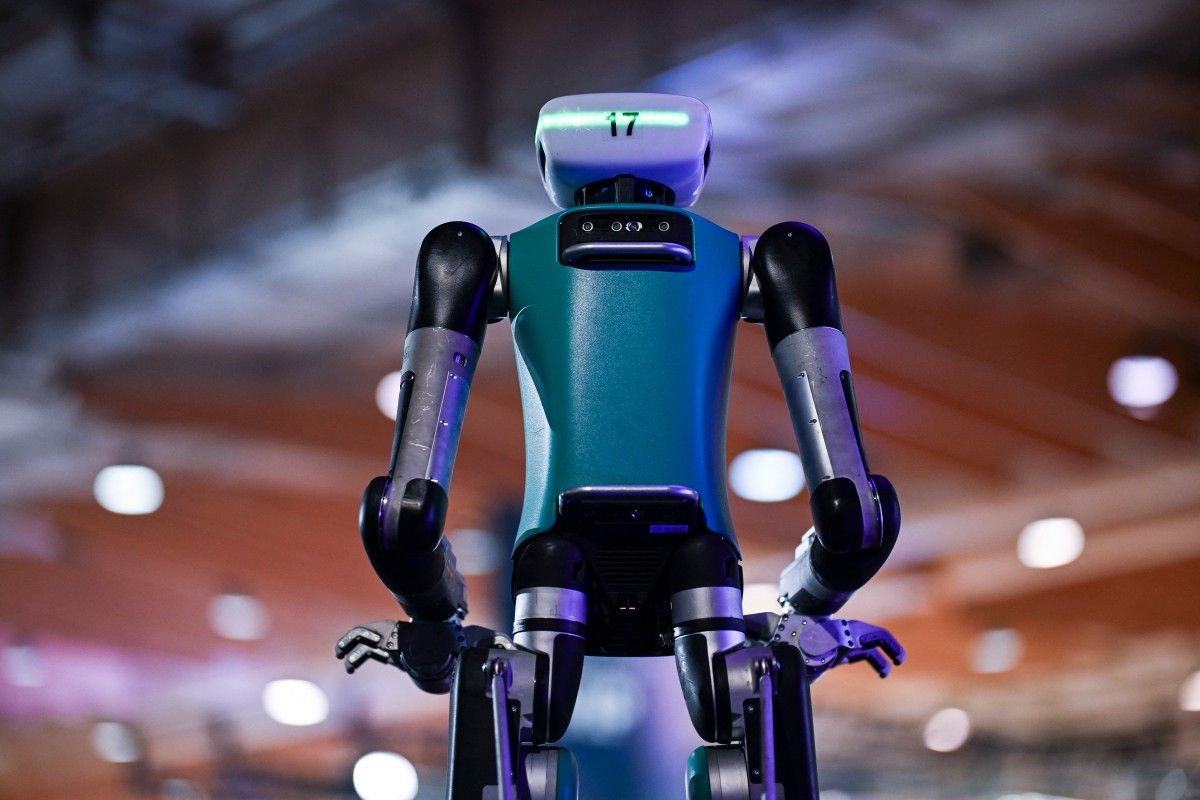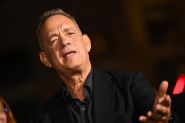
Lulu Gainsbourg questions the growing role of artificial intelligence in music creation, reflecting on its impact in his song Elle. As AI reshapes the industry, artists grapple with both its creative potential and its ethical challenges.
Artificial Intelligence (AI): Do I really need it? This is the question posed by Lulu Gainsbourg in his song Elle, where he reflects on the impact of AI on music. The son of Serge Gainsbourg, with a touch of irony, wonders about the growing presence of generative artificial intelligences, which are transforming musical creation. In this emerging world, the boundaries between artist and machine are becoming blurred.
The inspiration for this song came when Lulu Gainsbourg discovered a song entirely written by an AI. “I was really shocked,” he confessed. This feeling is not unique; many creators are facing this technological revolution.
Creative Process
However, some artists, rather than fearing AI, are fully integrating it into their creative process. Imogen Heap, famous for Hide and Seek, introduced her own AI model into her latest musical project, in collaboration with the startup Jen, allowing users to generate sounds based on her works. Others, such as Grimes and the band YACHT, have also adopted AI. Grimes even launched a vocal clone, inviting internet users to use it to create compositions. This approach marks a major turning point for the music industry, where AI is becoming a new creative ally.
“AI allows us to do surprising things we wouldn't have thought of,” says François Pachet, an AI researcher and former employee of Spotify and Sony. In 2018, he collaborated with artists like Stromae to produce the album Hello World, a pioneering project in AI-driven music. Today, platforms like Aiva, Suno, and Udio allow anyone to create AI-assisted music. Companies like Meta and Google also offer similar services.
For Pachet, this technology democratizes music creation. “People who aren't musicians at all can suddenly make entire songs,” he emphasizes. At the Web Summit, Eddie Hsu, co-founder of Moises, demonstrated how AI can add a drumbeat or transform a melody into bossa nova in just seconds.
Controversial Tool
However, enthusiasm for AI is not shared by everyone. Last June, the Recording Industry Association of America (RIAA) filed a lawsuit against startups Suno and Udio, accusing them of exploiting artists' works without permission to train their AI models. Over 35,000 artists, including Thom Yorke of Radiohead and Robert Smith of The Cure, signed a petition against this exploitation. For Cécile Rap-Veber, CEO of Sacem, AI could replace certain sectors of music creation, such as ambient music or sound design for specific TV channels. Many creators fear that their work could be overtaken by algorithms.
Despite these concerns, François Pachet remains optimistic. According to him, this technological evolution will push artists to push their creative boundaries. “Conventional things will still be made, indeed, more or less automatically,” he argues. As for the fear of humans being replaced by machines, he is doubtful: “There isn’t yet a song composed by an AI that is so good that everyone would want to cover it.”
With AFP



Comments